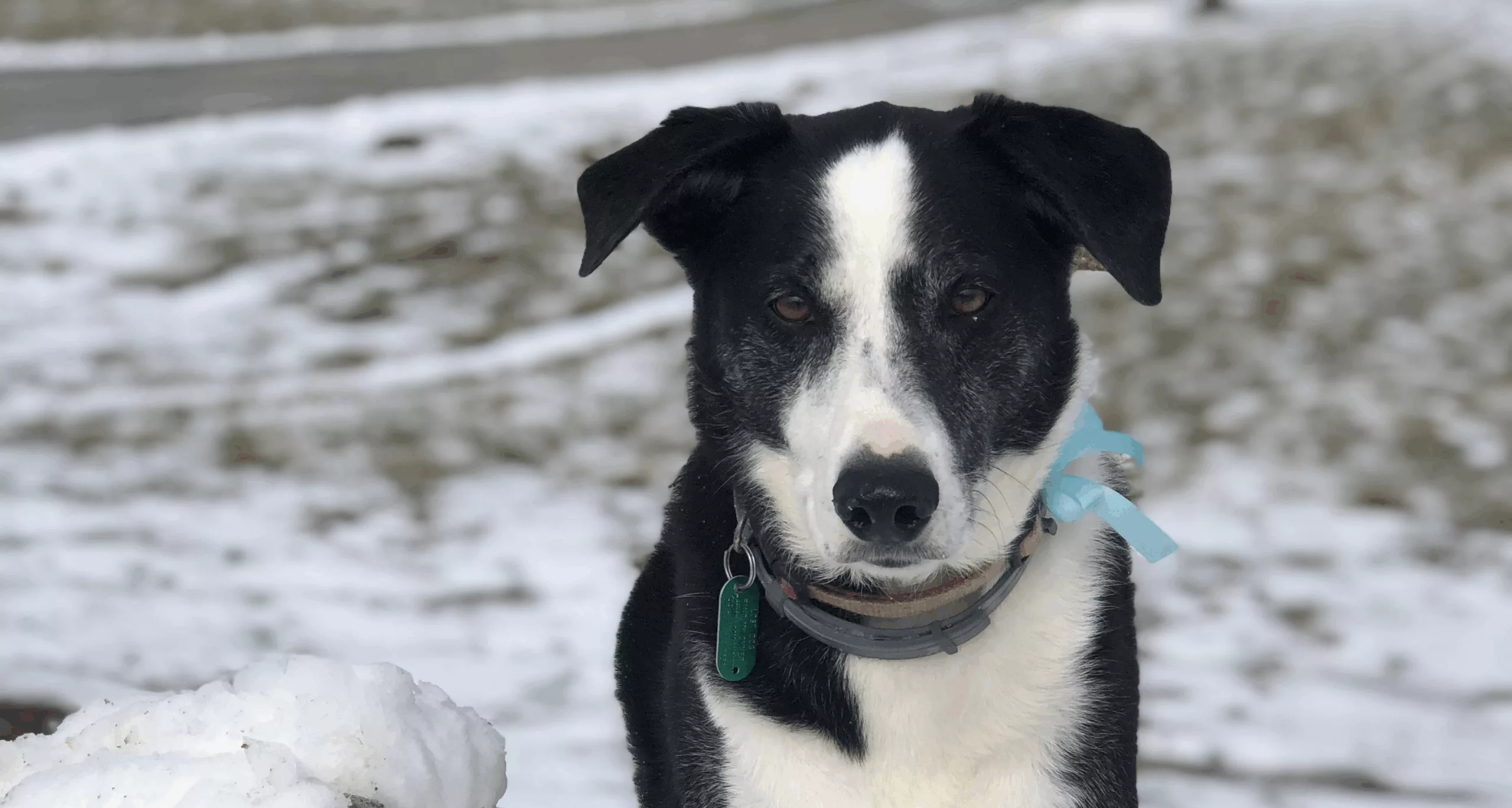Wash your hands. Don’t touch your face. Cough into your elbow. Stay home.
Like you, I’m doing my best to heed the advice of experts to keep my family, friends, community and myself healthy and “flatten the curve” of COVID-19. But what about our furry friends? Do we need to protect them, too?
You may have seen headlines recently about two dogs in Hong Kong and a cat in Belgium that contracted COVID-19. But there’s no reason to be alarmed.
According to the American Veterinary Medicine Association (AVMA), such instances are very rare, and infectious disease experts and human and animal health organizations around the globe agree there’s no evidence pets spread the virus – to people or animals.
However, if you’re a pet owner and either have been diagnosed with COVID-19 or have symptoms and suspect you might have contracted the virus, it’s best to take precautions.
As much as I love our farm dog, Yoder, jumping on my lap and giving me a slobbery smooch on the cheek, that’s a big no-no if I were ill. Restrict contact with your pets, just like you would with people, advises the Centers for Disease Control and Prevention. Yes, even if they flash their “please snuggle with me” eyes your way.
No snuggling, being kissed or licked – and no sharing food. Tough love, for sure – but absolutely necessary.
If possible, have a family member or friend care for your animals while you’re sick. If that’s not an option, at least wash your hands before and after you interact with your pets. Regularly wash their bowls, bedding and toys; wear a face mask if you can.
And if your pet shows signs of being ill, reach out to your veterinarian. (It’s comforting to know that the two dogs in Hong Kong had no symptoms and the cat in Belgium, while experiencing some breathing and intestinal issues, is reported to be doing well.)
Keep in mind that since animals can spread other disease to people, it’s just smart to routinely practice healthy habits like handwashing after interacting with animals – pets, livestock and wild animals – and any items they come in contact with.
With many of us homebound, that means we have an opportunity to spend extra time with both our human and animal companions. That’s a good thing. And taking the recommended steps to keep everyone healthy is, too. Right, Yoder? (WOOF.)
